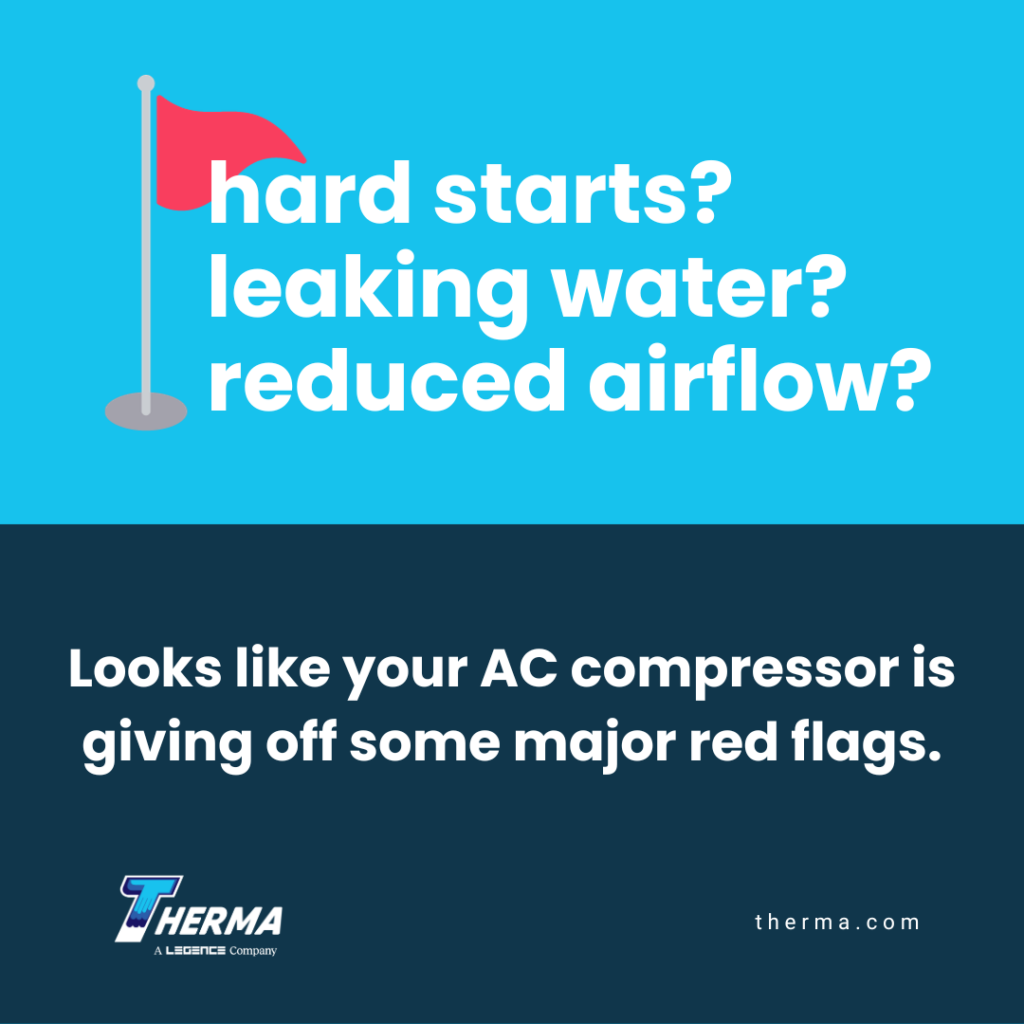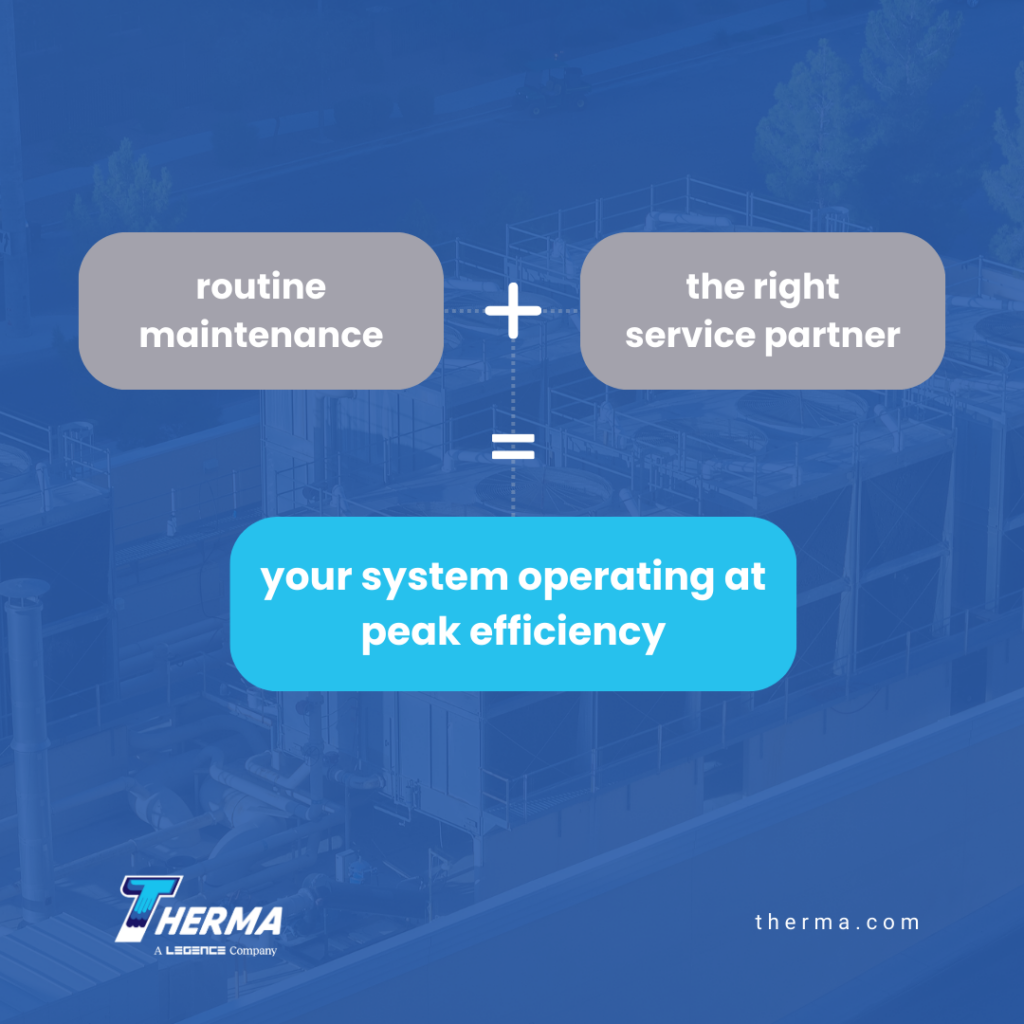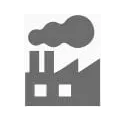by Ali Kriscenski
Many businesses and homes rely on mechanical HVAC systems to provide thermal comfort. As an important element of your HVAC system, AC compressors play a key role in the cooling process. An AC compressor failure is a costly headache you want to avoid. This article will help you get ahead of issues and maximize your equipment’s performance.
How AC Compressors Work
AC compressors use refrigerants to collect thermal energy and remove heat from conditioned spaces. Compressors work in tandem with evaporators and condenser coils to transfer heat.
Signs of AC Compressor Failure
Compressors can last 10-15 years with regular maintenance. There are a few telltale signs that your compressor may need repairs.
Reduced airflow can be a sign that your compressor is not working as it should. This can be evident by lack of air movement at vents, or by your building not being cooled.
Hard starts can be a sign that your compressor is struggling. This can be signified by loud noises at startup or even shaking. This can indicate problems with electrical devices, which could lead to overheating.
Leaking water or refrigerant is another sign of impending failure. If you’re seeing water or ice around the AC components, it could be a compressor issue.
Causes of AC Compressor Failure
Even with regular maintenance your HVAC system can have issues that could cause it to fail. Among these:
- Electrical Device Failure
- Blockage of Condenser Coils
- Overheating
- Low / High Refrigerant Levels
- Clogged Lines
- Exterior Debris
Some issues, like damaged electrical wires or devices, are from wear and tear associated with busy settings. External events like power outages or surges can affect your system’s performance.
Other problems can be caused by dirt or debris that accumulates near the system components. Another common issue is exposure to extreme temperatures, for example direct sun exposure in extreme heat can cause an AC compressor to overheat.
Lack of regular maintenance or incorrect maintenance can lead to component or system failure. A regular maintenance program with the right service partner can ensure your system and equipment operate and last at its peak.
How to Avoid Failure
There are preventative measures you can take to protect your investment and avoid AC Compressor failure. These include:
- Checking electrical elements, wiring, and devices for damage or faults.
- If severe storms are prevalent in your area, you can install a surge protector to take the hit during power outages.
- Keeping equipment and surrounding area clean and free from waste can eliminate contaminants and debris from getting into your HVAC system.
Qualified HVAC Partner
A key strategy to prolonging your AC compressor’s usefulness is to enlist the help of a highly qualified HVAC professional as your maintenance partner. An experienced team of trained HVAC experts can help you determine your system’s overall health and how to avoid an AC compressor failure.
Therma’s team of experts is here to help you with preventative maintenance, system upgrades, and long-term strategies for optimal energy performance. Contact Therma today to learn more.
AUTHOR BIO
Ali Kriscenski was trained in high-performance building design at Boston Architectural College. She has worked with leading architecture and construction firms in NYC and New England and served on the executive team at the Forest Stewardship Council International. She was the managing editor at Inhabitat and has worked pro bono for the Green Building Institute, ISEAL Alliance, and Habitat for Humanity.
Sources
Engineered Systems – HVAC Security and Resilience









